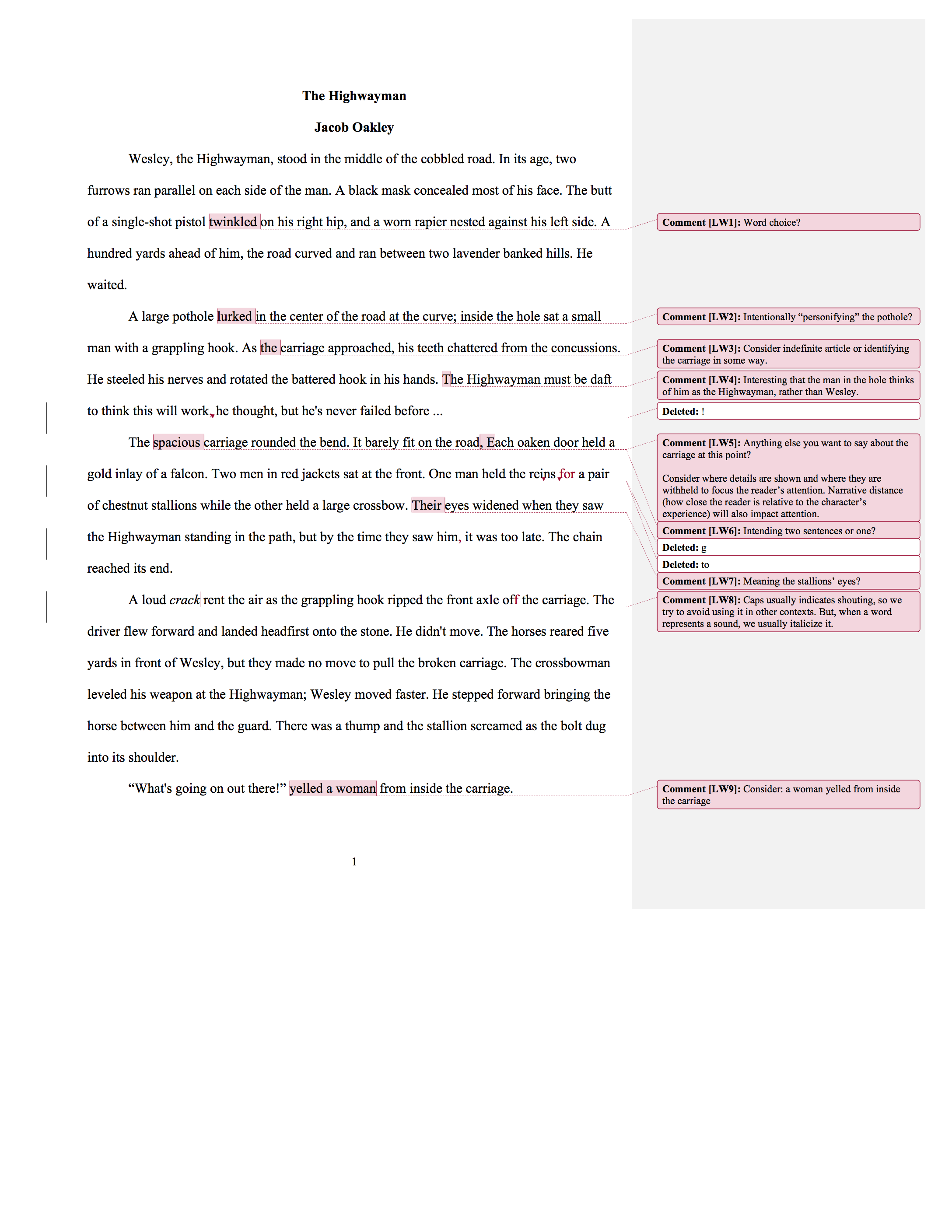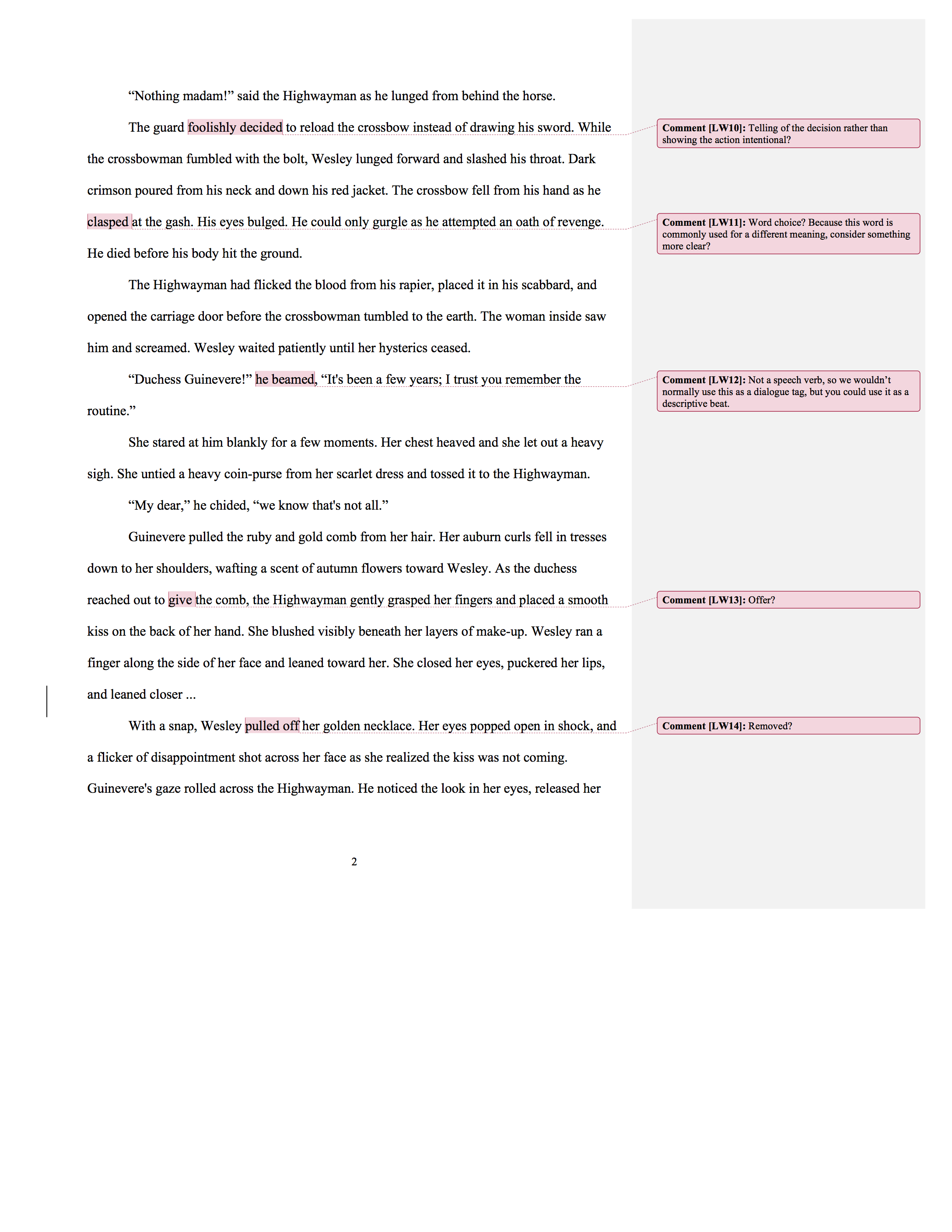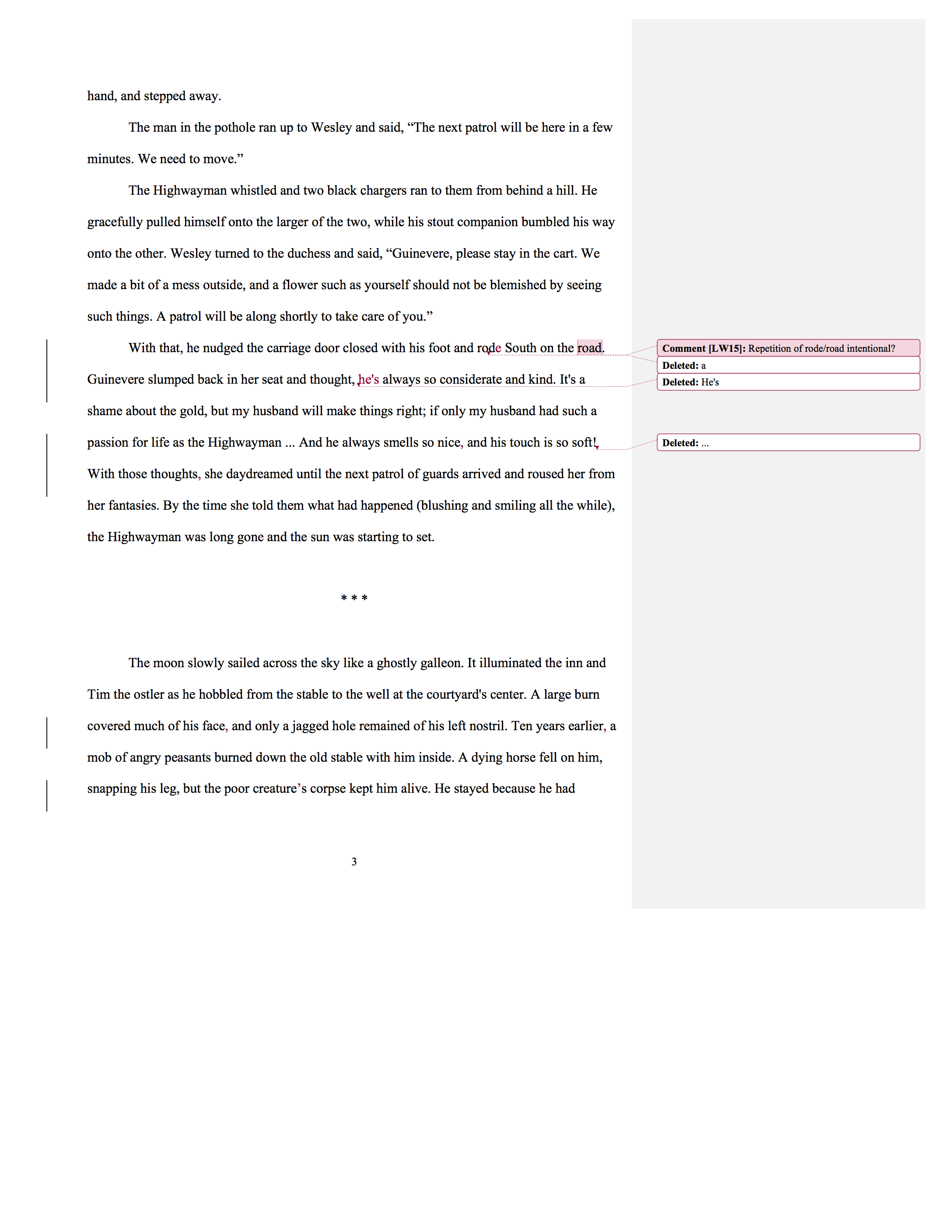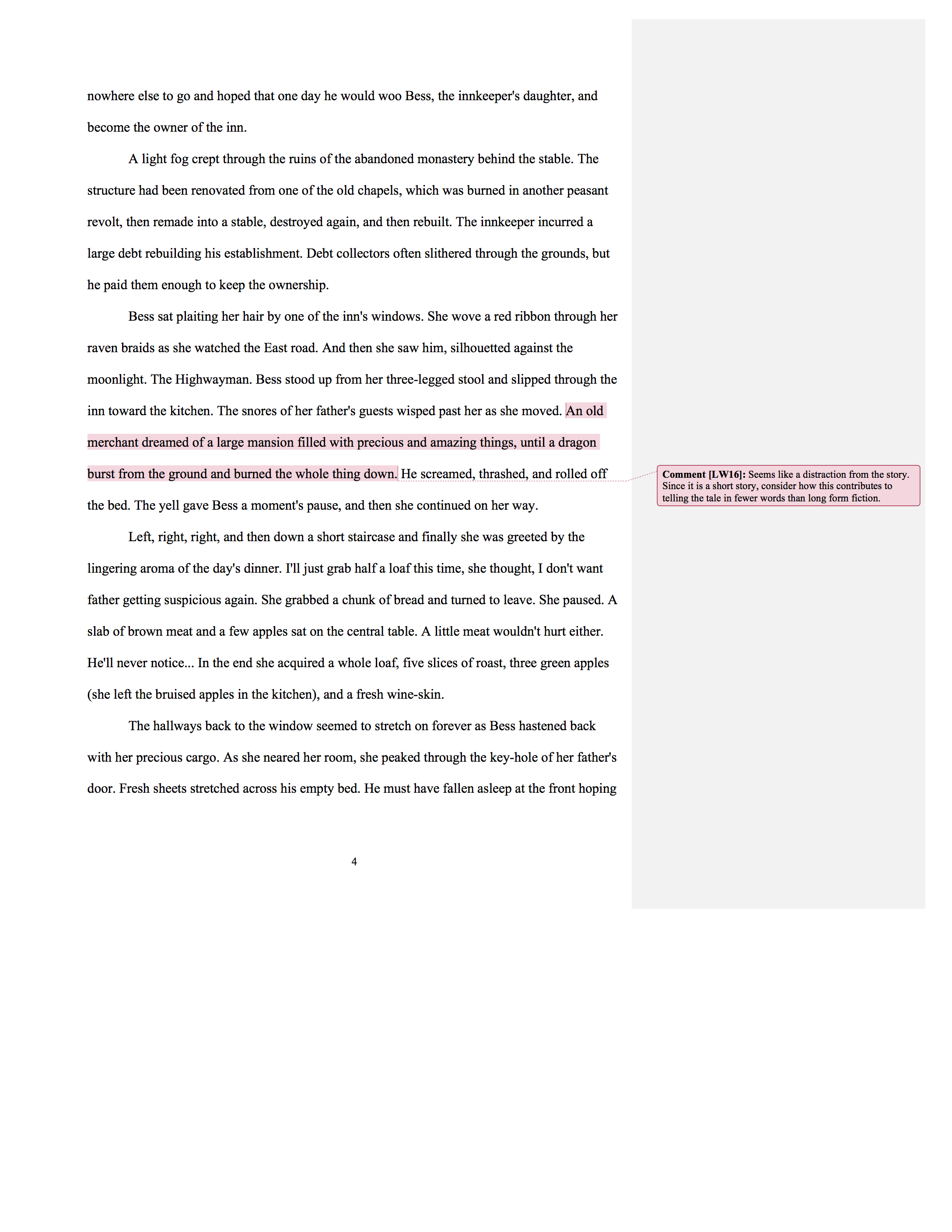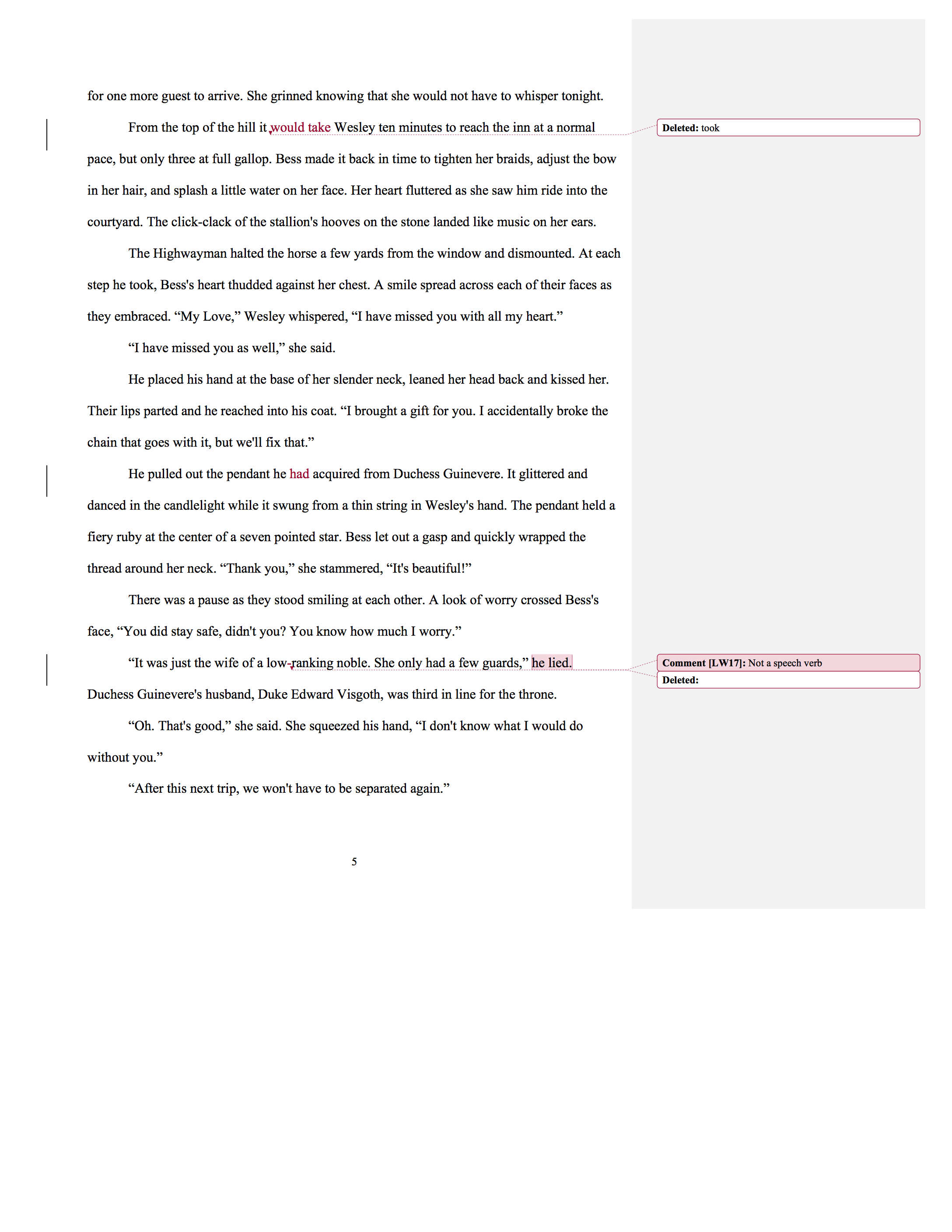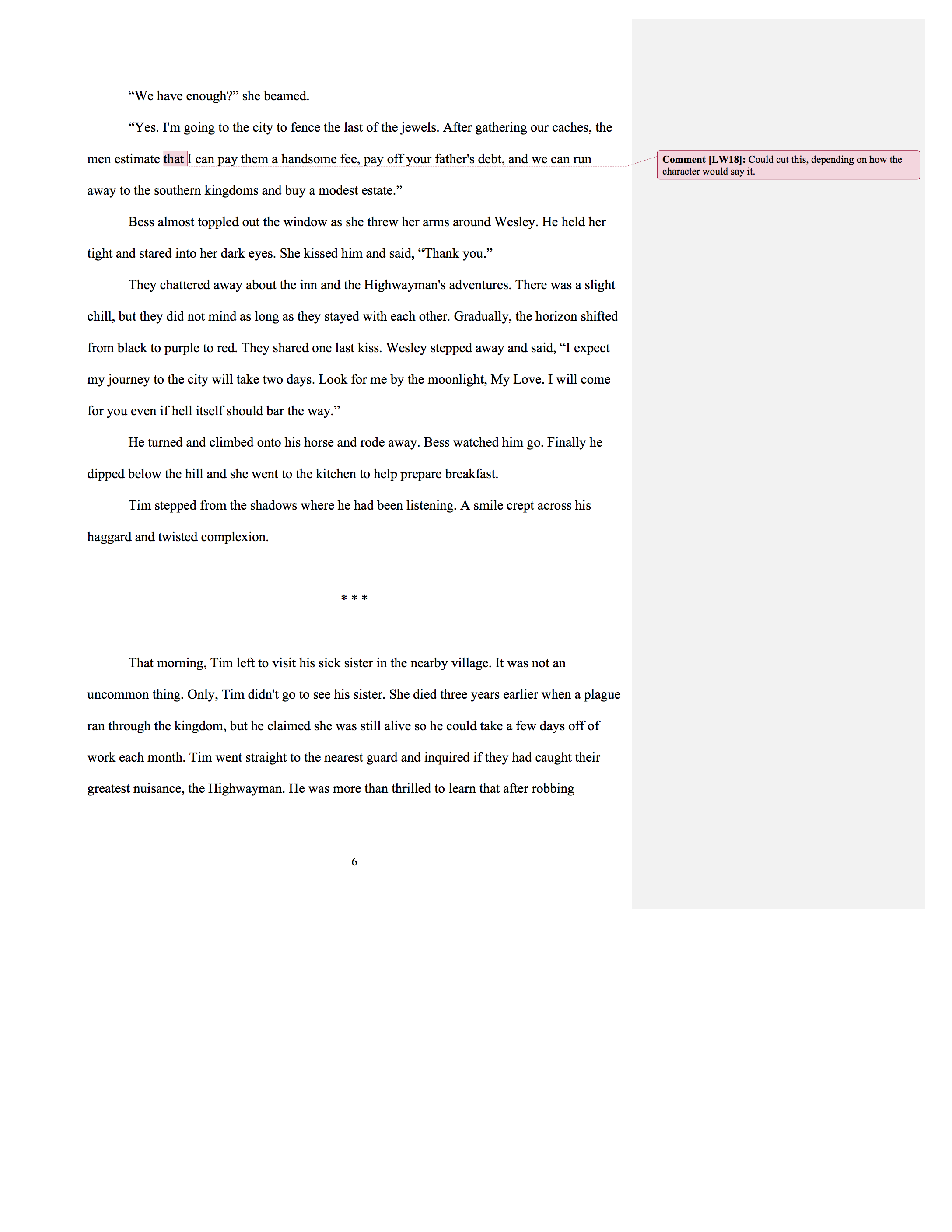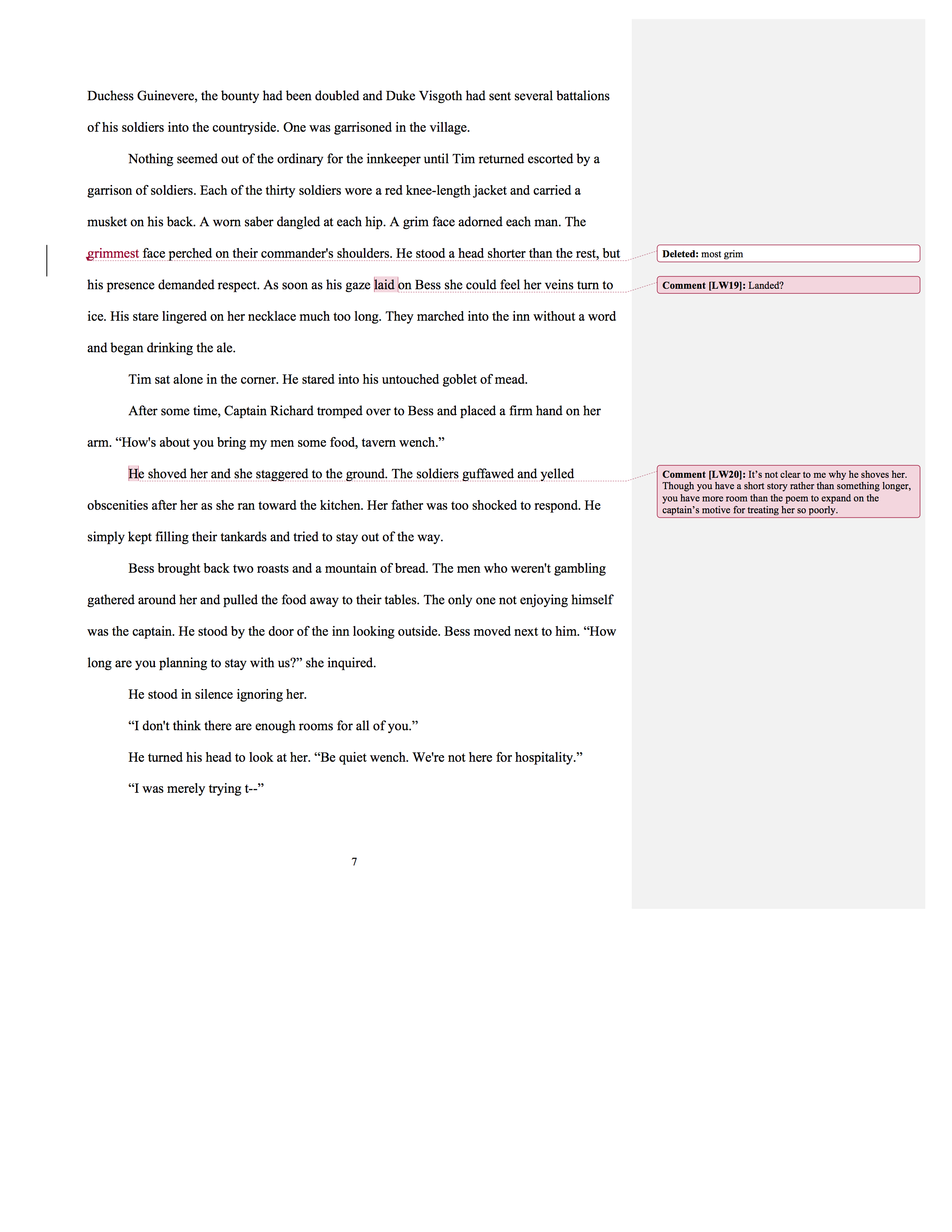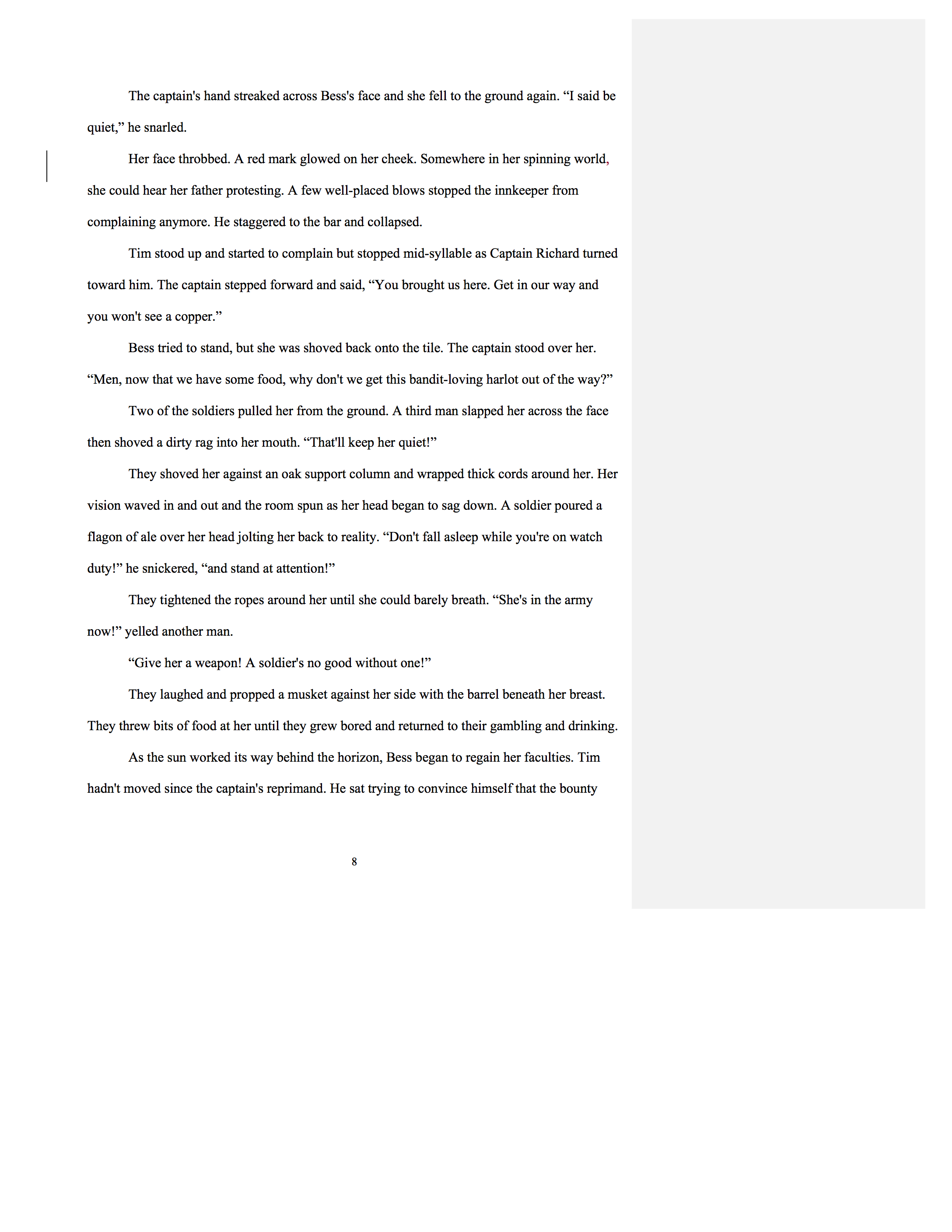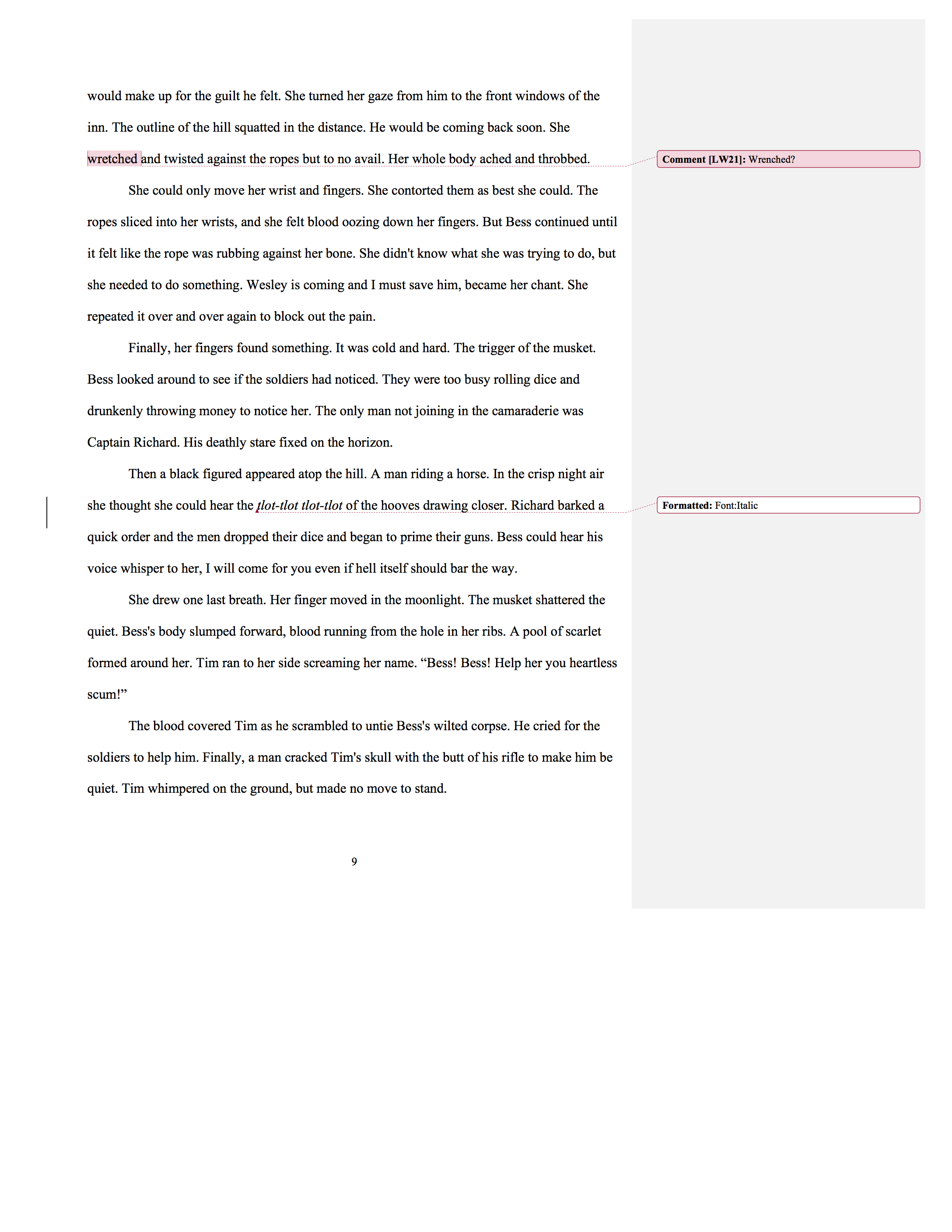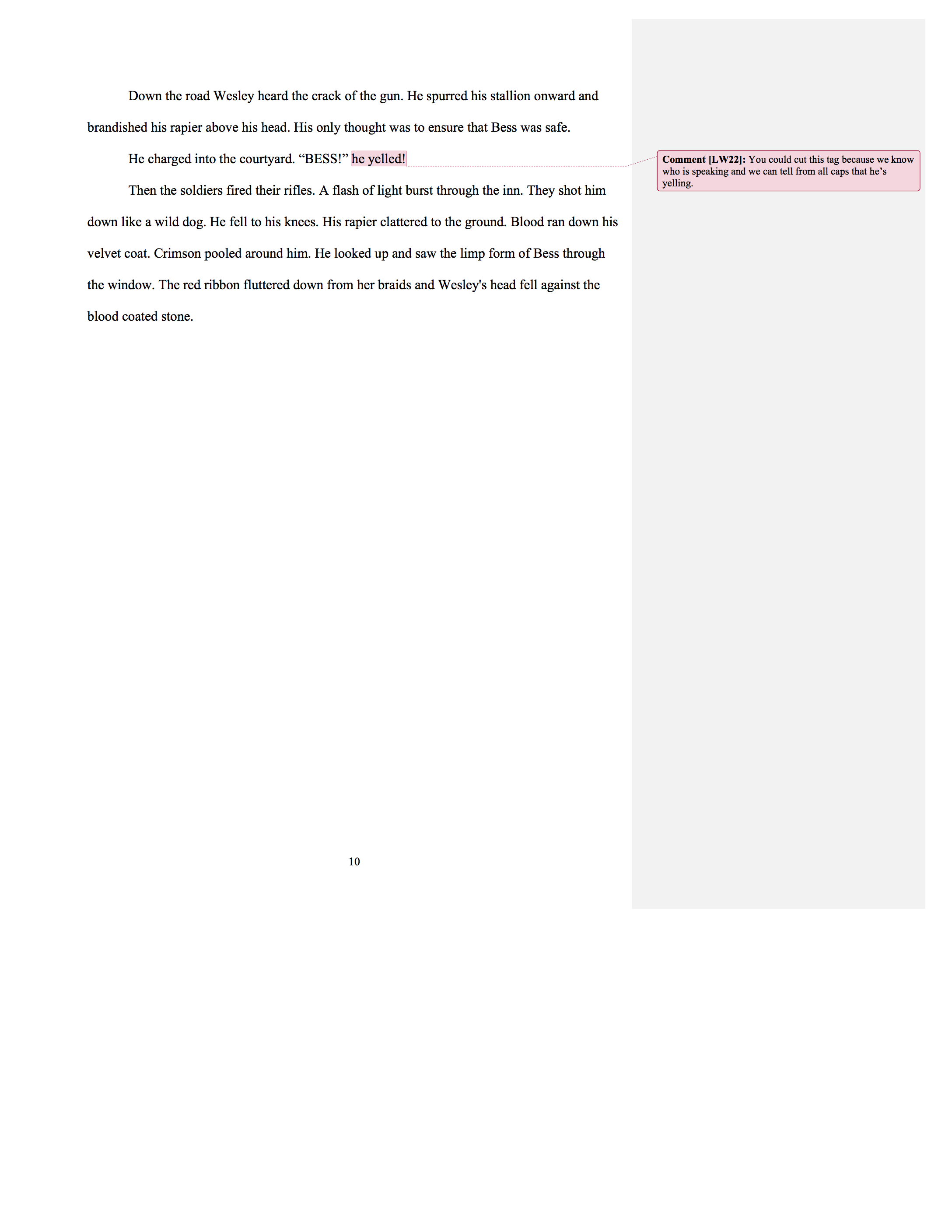In this episode, fiction editor Leslie Watts and author C. Steven Manley critique “The Highwayman,” a fantasy short story by Jacob Oakley. They discuss genre and why it’s important to choose one primary one. The same characters, setting, and circumstances can give rise to a wide range of stories. When you nail down your primary or global genre, you’ll gain valuable information about the story you want to tell that will help you plan, draft, and revise your story.
Listen to the Writership Podcast
This week's submission contains some violence.
About Our Guest Host
Clark is taking a well-deserved break from the podcast, so today we're joined by C. Steven Manley, author of the Paragons Trilogy, the Brace Cordova Space Opera series, and host of the Story Shots Podcast.
Find out more about him here.
Wise Words on Writing Rules
“A rule says, “You must do it this way.” A principle says, “This works … and has through all remembered time.” The difference is crucial. Your work needn’t be modeled after the “well-made” play; rather it must be well made within the principles that shape our art. Anxious, inexperienced, writers obey rules. Rebellious, unschooled writers break rules. Artists master the form.
Story is about the eternal, universal forms, not formulas.”
Mentioned on the Show
The Writership Index
Listeners have asked for an index of the podcast episodes and the topics discussed, so we've put together a Google spreadsheet containing details of each episode, its airdate, author name, story title, genre, story type, published location, author website, and topics discussed. Get access to the spreadsheet here.
The Highwayman poem
Today's submission is inspired by the poem "The Highwayman" by Alfred Noyes. You can read it here.
Join the Writership Book Club!
Join now and you'll get access to a recording of October's meeting, in which we read stories from The Best Science Fiction and Fantasy of the Year, Volume 10 and analyzed them the way Leslie does for a Story Grid Diagnostic. You’ll also be able to join us for our next (online) meeting on November 16. Find out more at Patreon.
where are you in your writing journey?
We really want to know! Click here to tell us where you are in your writing journey in a short, anonymous questionnaire. Your input will help us serve authors better.
Enter your email address below and we'll send you a spreadsheet comparing Maslow's Hierarchy of Needs to the Twelve Main Genres and Global Story Values. Save it to your computer, print it out, and use it when considering genre in your story.
You'll also get new podcast episodes delivered right to your inbox, so you never miss out.
We respect your privacy. Unsubscribe any time.
Editorial Mission—Identify Your Genre
For now, forget what you know about the genre for your current work in progress.
Think back to when you first thought of the idea for this story. What was the spark of inspiration? What drew your attention to this particular story, character, situation? What do you find fascinating about it? What do you want to say about the world?
On the subject of entertainment I want to say that stories are entertaining, but they also present prescriptive or cautionary tales about the world. When we read stories, we get to test out scenarios—the original virtual reality—without risking anything in real life (except a few hours of lost sleep). Stories evoke emotions that we want to feel or process: we’re often drawn to stories that explore what we need and want, and what we’re afraid of. If this is true of reading, imagine what you get to work out when you write a story! So yes, we read and write stories to entertain, but we also do so to make sense of the world and where we fit in it.
If you’re not sure or can’t remember why you want to write this story, try free writing. Set a timer for ten minutes and write (without stopping or editing) about your story and what compels you to write it.
Think about the values in Maslow’s hierarchy of needs (physiological, security, love, respect and esteem, self-actualization, self-transcendence). Which one closest resembles your why or inspiration for the story? What are the genres connected with that need?
Now, check your answer by reading or watching one or more of masterworks in the genre to get a feel for it. I have a couple of suggestions in the show notes, but I can’t include them all. If you need a suggestion or two to get you started, or if you’re not sure what to do with your masterwork, leave a comment or write to me, and I’ll do my best to help you work it out.
There are so many obstacles that stand between you and your goal of writing and publishing a great story. Nailing down the genre will help clear whole categories and be your map on the journey. Keep it handy ...
Editing Advice to Our Author
Dear Jacob,
Thank you so much for sharing your story with us! It’s such a great idea to adapt a poem for a short story—especially this one. “The Highwayman” by Alfred Noyes is a perennial classic.
When we were looking at your story, we decided to take a step back and look at genre. Genre is the first line of inquiry when I come to a story because on the continuum of story structure from macro to micro, genre is as macro as you can get, and it’s important to nail this down.
The poem from which you’ve drawn inspiration contains the seed for lots of possibilities: You could take the same basic characters, setting, and circumstances to tell a love story, action story, crime story, or society story (and others as well). While we have the elements of different types of story in the adaptation, I’m not clear on which one is primary. It really depends on the story you want to tell, the one that pulls at your heartstrings.
Nailing down the genre you want to write as soon as possible is important, even if you end up changing your mind or you want to add subplots (though perhaps not so much in a short story simply because it takes words/space to add complexity). When you combine your favorite genres, it’s still useful to have a clear one that is the framework for your story. Having one main genre gives you focus and tells the reader what they can expect.
If you’re going on a trip, you want to know your destination. To me, the genre is like settling on the continent you want to visit. By knowing your primary genre, you’ll be able identify the following items:
obligatory scenes and conventions (You could call these tropes or the reader’s “content” expectations.)
story values (What kind of change happens from the beginning to the end?)
core emotion (What’s the primary emotion you want the reader to feel?)
objects of desire (What does the main character want and need?)
controlling idea or theme (Think of this as a simple expression of the main idea that includes the change in the core value, the cause of the change, and how the story ends.)It’s really useful to know these things when you’re planning, drafting, and revising your story.
Sometimes when I talk about obligatory scenes and conventions, people feel as if I’m taking away their creative freedom. I’ve been thinking about different ways to reframe it. My friend and fellow editor Anne Hawley and I were talking about obligatory scenes and conventions, and she said writers can leave them out, but not if they want to be included within the tradition of a particular genre. That really resonated with me. I said, another way to put it is to be in the conversation taking place within a genre. In this way, it’s like being on the same channel of communication as the other people who are talking about the same things. Because that’s what we mean by genre and why the genre gives you all of those clues above.
You can choose to be on a different channel, but then you may not be heard in that context or conversation. In part, your choice depends on your goals for your writing—and no judgment if you don’t want to be in on the conversation or if you want to go start another channel. But these are things to consider with intention in relation to our art.
And when you need inspiration or want to find a way to innovate within the genre, you have a treasure trove of reference materials within your chosen genre. Want to write a crime story, look to P.D. James or Ian Rankin. Want to write an action-labyrinth story? Look at Die Hard. (Movies have to follow the principles of story too, so don’t be afraid to use them as models. You have to modify your takeaways to account for the medium, but you can learn a lot by watching movies, as well as reading stories, in your genre.)
Where does fantasy (or science fiction, steampunk ...) fit into genre? Chuck talked about this in one or two episodes of the Story Shots Podcast, and I have a post on that, but basically what you’re talking about with fantasy or science fiction is where the story falls on the scale of reality: from this could happen or could have happened (contemporary, realistic fiction, historical fiction, etc.) to really could not happened in the world as it currently exists (science fiction, fantasy, steampunk). But you can have a fantasy action or society story, and a science fiction love story or crime story.
There are conventions and tropes for fantasy and science fiction, space opera, etc., but these are different from the obligatory scenes and conventions for genre. Think of science fiction and fantasy as a reality aspect with a particular style or setting—and most definitely sales categories (where the book would sit on the shelf in the book store).
The important thing, as Chuck mentioned, is to make it clear from the beginning of a story where you fall on the continuum from reality to fantasy so the reader isn’t surprised when they reach the fantastical parts.
Other things to consider whether you’re adapting from a poem, historical event, or an idea you conjured up in your own mind:
Whose story is it? Who is the protagonist? What does that character want/need?
What is the force of antagonism? Who embodies this force?
Specific to adaptation: What elements of the original do you keep (i.e., what aspects lend themselves to the new form)? What do you need to dispense with? (Here is a great interview about the adaptation of Macbeth for audio by A.J. Hartley and David Hewson [narrated by Alan Cumming].)There are a few minor notes and comments in the submission, but mainly we focused on genre. This is a lot to think about, but I’d be happy to talk it through with you if you’re game. Thanks again for sharing your story and trusting us with your world! It was fun to explore the events of the poem through your story.
All the best,
Leslie
Line Edits for Our Fantasy Story
Image courtesy of marychka/bigstockphoto.com.



